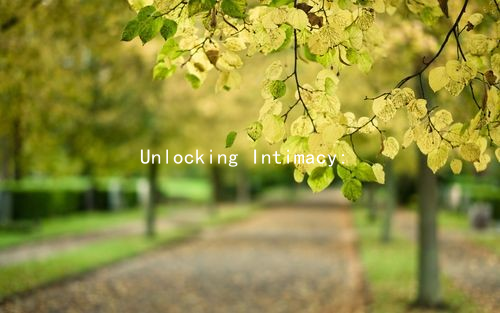From Tradition to Modernity: Adapting Relationship Norms in a Changing World
In today’s rapidly evolving society, the dynamics of relationships have shifted significantly from traditional norms to more modern practices. Understanding and adapting these relationship norms is essential for fostering healthy connections in a world that values independence and individuality.
Traditionally, relationships were often guided by societal expectations. Marriages were primarily arranged based on familial connections, social status, and economic considerations. Love, while idealized, was not the core foundation of many relationships. People married young and often prioritized stability and security over romantic love. Communication in these relationships was often more indirect, with couples relying on customary roles and unspoken understandings to navigate their partnerships.
However, as society embraced modernization, the approach to love and relationships experienced a profound transformation. Romantic love emerged as a pivotal element in the formation of relationships, leading individuals to prioritize personal happiness and emotional fulfillment. This shift also encouraged a greater emphasis on mutual respect and open communication, allowing couples to express their feelings, needs, and desires more freely.
Modern dating culture has introduced various tools and strategies for establishing connections. Online dating apps and social media have redefined how people meet, interact, and form relationships. This digital landscape offers an unprecedented opportunity to connect with others beyond geographic and social limitations. However, it also presents challenges, such as superficial connections and the potential for miscommunication.
To navigate this new relational terrain effectively, certain skills and communication strategies have become essential. Here are a few key approaches to consider:
1. Open Communication:
Establishing a foundation of open and honest communication is crucial for any relationship. It involves expressing feelings, needs, and concerns directly. Using “I” statements can facilitate this process, allowing individuals to share their perspectives without placing blame, such as saying, “I feel overlooked when…” rather than “You never pay attention to me.”
2. Active Listening:
Active listening enhances understanding and empathy in relationships. It involves fully engaging with what the other person is saying, asking clarifying questions, and reflecting on their emotions. This practice fosters a deeper connection and shows that you value the other person’s thoughts and feelings.

3. Establishing Boundaries:
In modern relationships, understanding and respecting personal boundaries are vital components of healthy interaction. Couples should discuss their limits concerning intimacy, time spent together, and personal space to ensure both partners feel comfortable and respected.
4. Embracing Vulnerability:
Building a strong connection often requires vulnerability. Sharing fears, dreams, and insecurities can create a foundation of trust. When individuals allow themselves to be vulnerable, they invite their partners to do the same, deepening intimacy and understanding.
5. Adapting to Change:
As relationships develop, both partners will inevitably change. Being flexible and open to personal growth is crucial. Couples should engage in conversations about their evolving interests, values, and goals. This adaptability can strengthen the bond and prevent feelings of stagnation.
6. Cultivating Emotional Intelligence:
Emotional intelligence is the ability to understand and manage one’s emotions while empathizing with others. Couples who cultivate emotional intelligence can navigate conflicts more effectively and support each other’s emotional needs, leading to a more resilient partnership.
In conclusion, the transition from traditional to modern relationship norms reflects broader societal changes. By embracing open communication, active listening, and emotional intelligence, individuals can adapt to these evolving dynamics. A modern relationship, grounded in mutual respect and understanding, empowers couples to create fulfilling connections that align with their values and aspirations in an ever-changing world.





